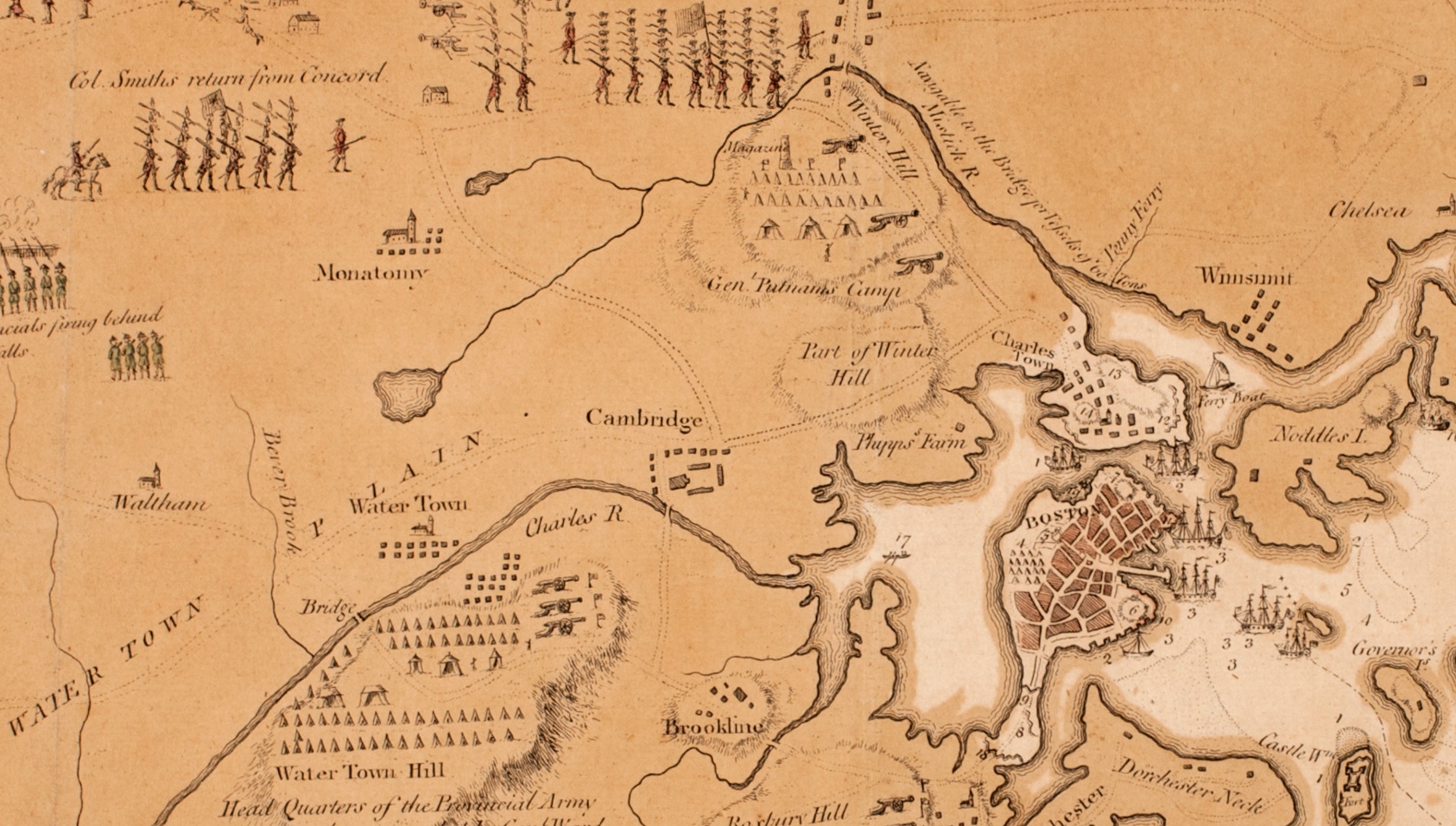Prelude to Revolution |
.jpg) Lexington and Concord |
 Spreading News of the War |
For a decade before the Revolutionary War began, the American colonists incessantly talked and argued, wrote and published, on the subject of British imperial policy, especially taxes. As subjects of the British crown and beneficiaries of British naval power, the Americans obviously owed allegiance to the empire. But did they owe money to the empire, in the form of taxes? And if so, what sort of taxes? Were the various efforts by the House of Commons to collect taxes from the colonies fair and constitutional, or were they part of a sinister conspiracy to deprive Americans of their rights as Englishmen? And were these tax issues fundamentally political, economic, or moral? Both Americans and Britons debated these questions in print as well as in street-corner chatter and coffeehouse harangues.
As tensions rose during the decade before the first shots on Lexington green, newspapers, broadsides, sermons, and other means of news and communication became increasingly important. While news still traveled by word of mouth, it was often the reprinting of news heard from post riders or seen in newspapers from other colonies that galvanized the colonies into supporting one another in their grievances with Parliament, and eventually the Crown. With the establishment of Committees of Correspondence, local governments became active participants in the sharing of news and events. These reports were often turned from handwritten minutes and reports into printed news items in newspapers, broadsides, and pamphlets. From the Stamp Act to the occupation of the city of Boston, from the Boston Tea Party to the first firing at Lexington and Concord, the success of the revolutionary cause relied heavily on the dissemination of news about the latest injustices of the Crown and Parliament and the subsequent reactions of the colonists.
Once war broke out, the sharing of news became essential to establishing a separate nation. Colonists craved not only news of battles and troop movements, but also word of when the Continental Congress would formally declare the colonies' independence. It was in no small part through paper and ink (and the physical and oral sharing thereof) that the unification of the colonies and what John Adams called “the real American Revolution”—a change “in the minds and hearts of the people”—were made possible.